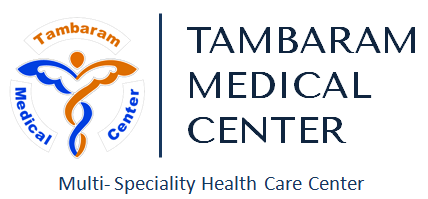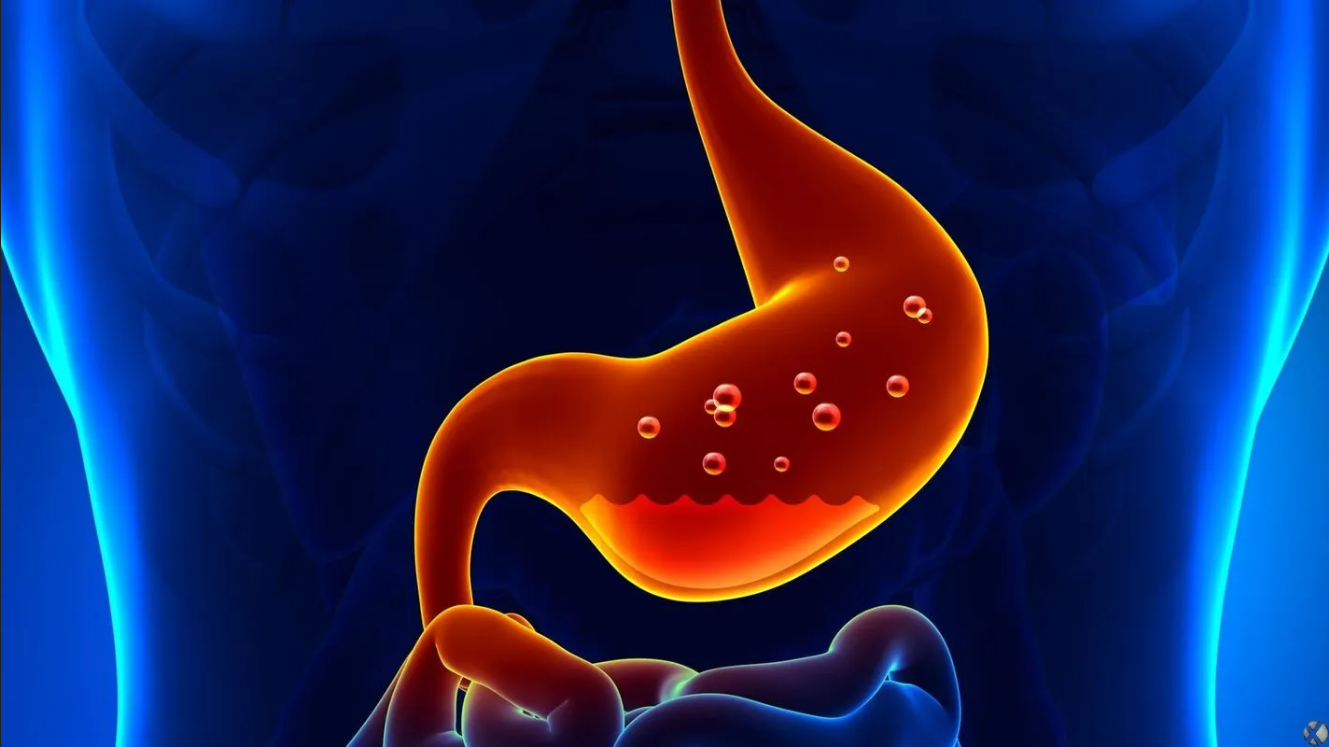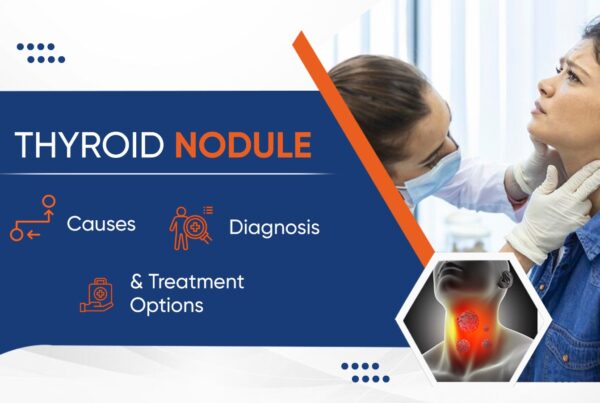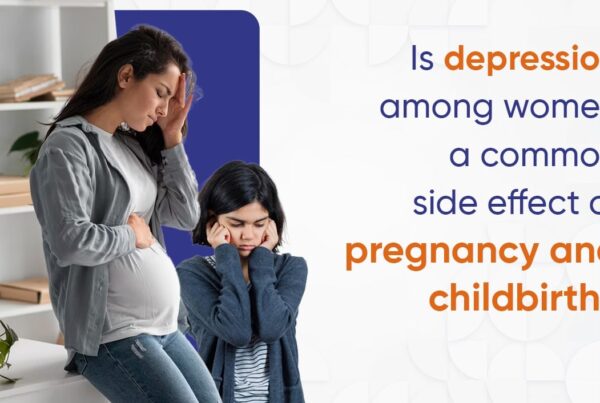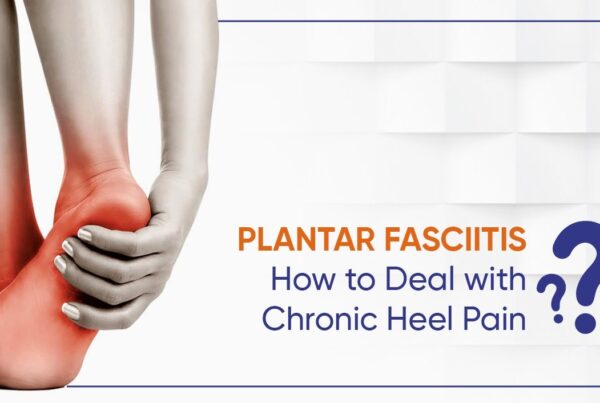Table of Contents
GASTRITIS
 Gastritis is a general term for a group of conditions with one thing in common: inflammation of the lining of the stomach. The inflammation of gastritis is most often the result of infection with the same bacterium that causes most stomach ulcers.
Gastritis is a general term for a group of conditions with one thing in common: inflammation of the lining of the stomach. The inflammation of gastritis is most often the result of infection with the same bacterium that causes most stomach ulcers.
Gastritis is very common. It occurs when the lining of your stomach becomes swollen (inflamed). Gastritis is usually mild and resolves without any treatment. However, gastritis can cause pain in the upper part of your tummy (abdomen) and may lead to a stomach ulcer.
Some simple changes to your lifestyle and using over-the-counter antacid medicines are often all that is required. Other medicines to reduce the acid in your stomach are sometimes needed. Gastritis usually resolves without any problems. However, if not treated properly, gastritis can last a long time or may lead to a stomach ulcer or anaemia.
What causes gastritis?
Your stomach normally produces acid to help with the digestion of food and to kill germs (bacteria). This acid is corrosive, so some cells on the inside lining of the stomach produce a natural mucous barrier. This protects the lining of the stomach and the first part of the small intestine (the duodenum). There is normally a balance between the amount of acid that you make and the mucous defence barrier. Gastritis may develop if there is an alteration in this balance, allowing the acid to damage the lining of the stomach.
Gastritis may be caused by many things. It can be caused by diet and lifestyle habits such as:
- Drinking too much alcohol
- Eating spicy foods
- Smoking
- Extreme stress. This can be from serious or life-threatening health problems.
- Long-term use of aspirin and over-the-counter pain and fever medicines
Other causes
A stressful event – such as a bad injury or critical illness, or major surgery. Less commonly, gastritis can be caused by an autoimmune reaction – when the immune system mistakenly attacks the body’s own cells and tissues (in this case, the stomach lining). This may happen if you already have another autoimmune condition, such as Hashimoto’s thyroid disease or type 1 diabetes.
What are the treatments for gastritis?
Mentioned below are researched data. Always make sure you check the doctor in the first place before you take any medication.
If you have indigestion and stomach pain, you can try treating this yourself with changes to your diet and lifestyle as follows:
- Eating smaller and more frequent meals.
- Avoiding irritating foods, such as spicy, acidic (for example, fruit juices), fried or fatty foods.
- Not drinking any alcohol.
- Stopping smoking.
- Reducing stress. See the separate leaflet called Stress Management.
Acid-suppressing medication
- Antacids can be used to reduce the acid in your stomach and so let gastritis resolve.
- If treatment with antacid medicine is not enough then a medicine called an H2 blocker (such as ranitidine) may be used.
- Alternative medicine that may be used is a proton pump inhibitor (PPI) such as lansoprazole or omeprazole.
